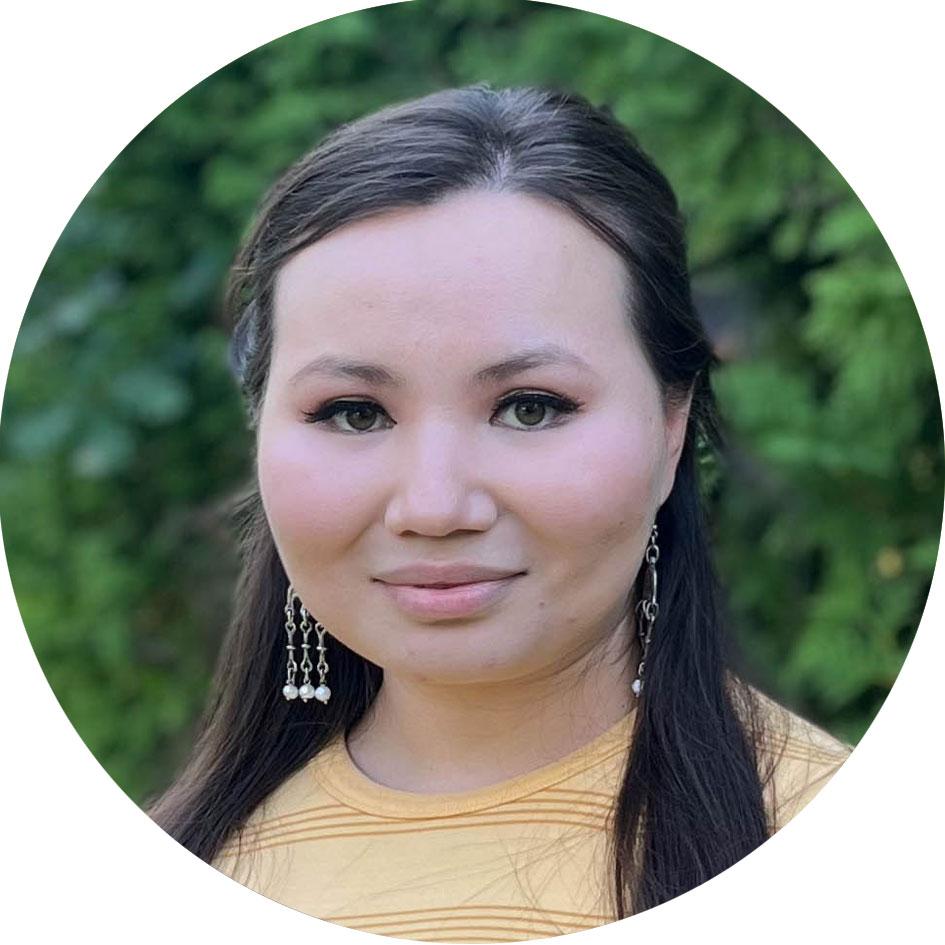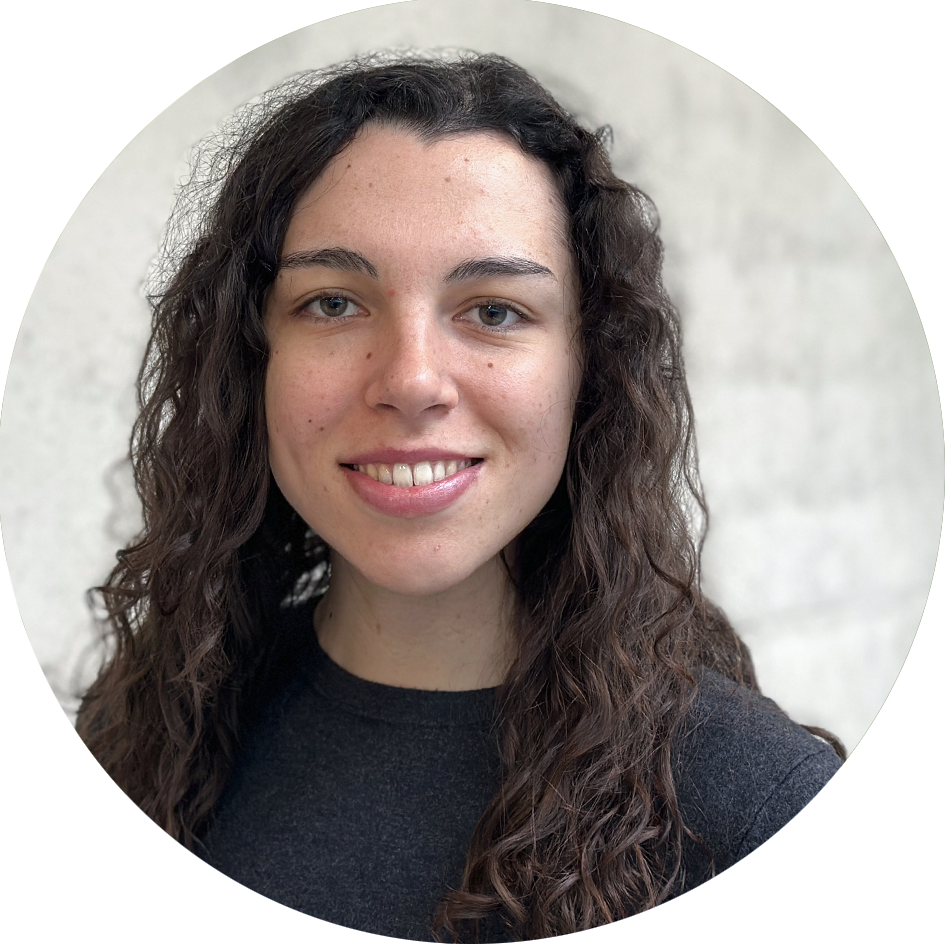Our research aims to unravel the molecular, cellular, and physiological mechanisms underlying stroke and cerebrovascular disease. We integrate genetic discoveries with mechanistic studies across model systems to bridge the gap between human biology and experimental science. Using cutting-edge single-cell, spatial, and multi-omics technologies alongside advanced imaging across scales, we investigate how genetic variation and vascular dysfunction converge to cause brain injury.
A major emphasis of our work lies in cerebral small vessel disease (SVD) and large artery atherosclerotic stroke, two leading causes of stroke and dementia. Through deeply phenotyped clinical cohorts with comprehensive biosampling, we apply genome-wide association studies, sequencing, and systems-level analyses to identify novel risk genes, pathways, and therapeutic targets relevant to mechanistically defined stroke subtypes.
Building on these discoveries, we explore shared and distinct mechanisms across vascular territories, including links to carotid and coronary artery disease, and intermediate phenotypes such as endothelial dysfunction and metabolic traits. Our genetic mouse models of SVD—including those harboring Htra1, Col4a1, and Foxf2 mutations identified through our own human studies—provide a powerful platform to dissect disease mechanisms at molecular and cellular resolution. Using these models, we have uncovered key signaling pathways, such as Tie2–eNOS signaling, that maintain microvascular integrity and blood–brain barrier function.
Recently, our research has expanded to address extracellular matrix remodeling and vascular–neuroglial interactions as emerging determinants of microvascular pathology and brain resilience. Through these integrated approaches, our goal is to translate mechanistic insights into novel preventive and therapeutic strategies for stroke and vascular cognitive impairment.
Another area increasingly moving into the focus of our research is atherosclerosis. We in collaboration with others recently identified several risk loci for large artery stroke and are currently exploring the role of relevant genes (e.g. HDAC9, TSPAN2) in atherogenesis and vascular injury (-> see here for details).
2016
2025
2024
2023
2022
2021
2020
2019
2018
2017
2016
2015
2014
2013
2012


Read more about the PI on the next tab.

Yaw Asare
I joined the Dichgans lab in September 2014 after my PhD and a short postdoc stay in RWTH Aachen University (BernhagenLab). Building on my expertise in vascular signaling, the crosstalk between epigenetic regulatory mechanisms and the NFkB pathway driving vascular inflammation is a major research focus. Several in vivo mouse models of atherosclerosis and vascular injury are flanked by in vitro mechanistic studies to decifer the role of HDAC9 in vascular inflammation. We further explore the inhibition of HDAC9 as a therapeutic strategy to reduce vascular inflammation, which may serve as a target for interventional studies in humans.

Arailym Aronova, PhD

Nathalie Beaufort, Postdoc
I grew up and studied in France, and obtained my doctoral thesis in Physiology and Physiopathology in 2005 at University Paris 6. After post-doctoral experiences in France and Germany, I joined the group of Martin Dichgans at the ISD in 2010 as a research associate. My work focusses on the biochemistry, cellular and molecular biology of cerebral small vessel disease with an emphasis on CARASIL, an inherited disorder caused by loss-of-function mutations targeting the HTRA1 protease. To explore the pathomechanisms underlying CARASIL and develop innovative repair strategies, I combine the analysis of recombinant proteins, patient-derived primary cells and mouse tissues.
Donovan Correa-Gallegos, Postdoc

Jule Filler, PhD

Anna Kopczak, clinician scientist
Originally from Poland, I grew up in Germany and studied medicine at the University Duisburg-Essen and at the LMU. During my clinical residency in neurology, I was involved in clinical studies dealing with hormonal disturbances after brain damage such as traumatic brain injury and stroke. From 2011 to 2016, I continued my clinical education and improved my scientific knowledge at the Max-Planck-Institute of Psychiatry in Munich. With my clinical expertise as a neurologist and my experiences in clinical research, I joined the group of Martin Dichgans in April 2016 as a clinician scientist. The focus of my research are clinical studies to improve our understanding of stroke mechanisms and to optimize treatment of cerebrovascular diseases.

Maria Kaffe, clinician scientist
Barbara Lindner, technical assistant

Rainer Malik, Postdoc
Originally from Austria, I studied molecular biology with a focus on computational biology and protein structure prediction at the University of Salzburg. As an early adopter in the bioinformatics field, I changed subject to further strengthen my computational knowledge and obtained my PhD in Computer Science at the Universiteit Utrecht in 2006. After a first PostDoc analyzing cell-cycle dependent proteomics data (Prof. Nigg, MPI Biochemistry, Martinsried), I joined the ISD at the very beginning in 2009 to analyze large-scale OMICS data. Here, over the last years, we have led or participated in all major genetic studies of stroke and stroke-related comorbidities. Through extensive international collaborations (ISGC, METASTROKE, MEGASTROKE) we strive to translate genetic, genomic and other OMICS findings to animal models and subsequently to the clinic.

Melanie Schneider, technical assistant
I finished my education as a medical technical assistant in 2005 and immediately started working with Professor Martin Dichgans. I take care of organizational issues to all groups, place orders and do many histology works for my group members (e. g. preparing and cutting tissue, do staining’s, microscopy and sometimes evaluations). I am currently involved in projects aimed at identifying the mechanism underlying proatherogenic role of HDAC9 and exploring the therapeutic potential of HDAC9 inhibition for atheroprotection.

Luise Schröger, PhD
Mirna Tarzi, technical assistant

Katalin Todorov-Völgyi, Postdoc
Originally from Hungary, I studied biology and obtained my PhD in 2016 at Eötvös Loránd University in Budapest in molecular neurobiology, focusing on the early molecular changes in Alzheimer’s disease and Vascular Dementia. I joined the Dichgans lab as a Postdoc in February 2017. My research aims to reveal the molecular, cellular and physiological mechanisms of cerebral small vessel disease (SVD), stroke and vascular cognitive impairment. For these purposes, I use a genetic mouse model with Foxf2 deficiency, which was identified as a novel risk gene in SVD and stroke in recent Genome-Wide Association Studies. To understand the role of Foxf2 and identify new molecular targets in SVD patomechanisms, I combine omics technologies, microscopy, image analysis, and behavior assessments on mouse models. Outside the lab, I like photography, hiking, traveling and exploring new places.

Karin Waegemann, research coordinator

Simon Frerich, PhD student
I joined the Dichgans Lab as a PhD student in bioinformatics in 2020. Currently, I am using spatial transcriptomic data to identify stroke-related focal processes in the brain. Prior to this, I followed up on our stroke GWAS findings, mainly by leading a Mendelian Randomisation analysis of cardiac risk factors for stroke. I am also part of the Graduate School of Systemic Neurosciences at LMU Munich. Prior to my PhD, I engaged in a research internship with Eric Westman at Karolinska Institute. I hold an MSc from Imperial College London and a BSc from TU Dresden with a stay at NTNU. Besides my PhD, I am frequently found on the way to an Alpine summit.

Dolores Reyes, PhD student

Federica Tosato, PhD student
Nawraa Naser, PhD student
Julio Caputo, MD student
Alumni
Judit Gonzales Gallego, Postdoc
Luka Zivkovic, MD student
Christina Schlegl, MD student
Matthias Prestel, PostDoc
Christof Haffner, PostDoc
We gratefully acknowledge support for our work by the following funding agencies:

Horizon-EIC-2022-PathfinderChallenges: MultiomIcs based Risk stratification of Atherosclerotic CardiovascuLar disease (MIRACLE) M. Dichgans, R. Malik
Mar 2023 – Feb 2026

ERA-NET Neuron: Multidimensional interrogation of microvascular matrisome abnormalities in cerebral small vessel diseases (MatriSVDs)
Mar 2023 – Feb 2026

Fondation Leducq: Leducq Trans-Atlantic Network of Excellence On Brain Endothelium: A Nexus for Cerebral Small Vessel Disease, Coordinator: Martin Dichgans
Jan 2023 – Dec 2027


Munich Cluster for Systems Neurology (SyNergy 2.0) (DFG)
Jan 2019 – Dec 2025

Rolle von SCARF1 bei arterieller Entzündung – Martin Dichgans, Yaw Asare
Mar 2023 – Feb 2026
Aufdeckung der Rolle von seltenen und low-frequency Mutationen bei Schlaganfall mittels eines „polygenic risk score“ – informierten Sequenzieransatzes – Implikationen für die Risikoprädiktion / Martin Dichgans, Rainer Malik
Mai 2022 – Apr 2025
Project B3: Martin Dichgans/Yaw Asare – Mechanistic role of HDAC9 in atherosclerosis (Role of HDAC9 in Atherosclerosis – Project within the collaborative research programme SFB 1123 ‘Atherosclerosis)
Jul 2018 – Jun 2026
Forschergruppe „ImmunoStroke: Von der Immunzelle zur Schlagabfallregeneration“ (DFG) Teilprojekt C2 „Mikroglia-PET als Surogatmarker für Neuroinflammation nach Schlaganfall“ Martin Dichgans
Jul 2019 – Oct 2025

CLINSPECT-M, CLINICAL MASS SPECTROMETRY CENTER MUNICH; Teilprojekt B: Neurovascular Diseases / Martin Dichgans
Mar 2020 – Feb 2026

DigiMed – P4 Medizin von Carotis Stenose und Schlaganfall (Bayerisches Staatsministerium für Gesundheit und Pflege)
Oct 2018 – Nov 2024

Vascular Dementia Research Foundation: The Institute for Stroke and Dementia Research
since 2009
Martin Dichgans | CV
Personal Data
Martin Dichgans, MD, Prof. Dr. med.
Professor, Ludwig-Maximilians University (LMU), Munich
Director, Institute for Stroke and Dementia Research
Chair, Stroke and Dementia Research
Identifiers/ORCID: 0000-0002-0654-387X
Qualifications and Career
Stages:
Degree programme
1987 - 1993 Medical School, Universities of Freiburg, Heidelberg & München, Germany
Doctorate
20.12.1993, "Immunzytochemische Darstellung und biochemische Analyse von Alzheimer βA4-Amyloid Vorläuferprotein in cerebellären Zellkulturen"; Prof. Dr. K. Beyreuther, Zentrum f. Molekulare Biologie, Heidelberg, Germany
Stages of academic/professional career
Since 2010: Founding Director, Institute for Stroke and Dementia Research, LMU, Munich
Since 2010: Chair Dept. of Translational Stroke and Dementia Research, LMU Munich
Since 2006: Professor for Neurology, LMU Munich
2001: Board Certification in Neurology, Medical Board of Bavaria
2000: Habilitation „Klinische, bildgebende und genetische Untersuchungen bei CADASIL“
1995: MD certified, Medical Board of Bavaria
1994: PostDoc, CWR University, Cleveland
Activities in the Research System
From 2026 -
Authorised Spokesperson, Authorised Spokesperson, DFG-funded Excellence Cluster 2145, Munich Cluster of Systems Neurology (SyNergy)
From 2026 -
Spokesperson, DFG-funded Collaborative Research Center (CRC1744) on Compartmentalised Celullar Networks in Neurovascular Diseases
From 2026 -
Spokesperson, BMBF funded Advanced Clinician Scientist Program for Comprehensive Neuroscience (PROMISE)
Since 2025
Member, External Scientific Advisory Board of the Interdisciplinary Centre for Clinical Research Münster
2023 - 2027
Coordinator, Leducq Transatlantic Network of Excellence on Brain Endothelium
2020 - 2022
President, European Stroke Organization (ESO)
Since 2019
Speaker, Munich Site LMU/TUM, Hertie Academy and Network of Excellence in Clinical Neuroscience
2018 - 2023
Coordinator, ‘TREAT-SVDs’ study
2016 - 2022
Coordinator, EU Horizon 2020 Network ‘SVDs@target’
2016 - 2018
President, German Stroke Society (DSG)
Since 2015
International Ethics and Advisory Board, Dutch HBC
Since 2015
Executive Committee, European Stroke Organization (ESO)
2014 - 2021
Chair, Scientific Advisory Board, ERANET-NEURON, FP7 European Union
Since 2014
Board of Directors, German Stroke Society (DSG)
Since 2013
Coordinator, ‘DZNE Mechanisms of Dementia After Stroke Study (DEMDAS)’
Since 2012
Scientific Board member, DFG-funded Excellence Cluster 2145, Munich Cluster of Systems Neurology (SyNergy)
Supervision of Researchers in Early Career Phases
I have supervised numerous PhD and MD theses. I also have been a member of multiple TAC committees for PhD and MD students.
Since 2013, I am a member of the Scientific Board of the Graduate School of Systemic Neuroscience (GSN).
Academic Distinctions
2025 Clarivate Award: Highly Cited Researcher 2025
2024 Clarivate Award: Highly Cited Researcher 2024
2023 Clarivate Award: Highly Cited Researcher 2023
2022 Clarivate Award: Highly Cited Researcher 2022
Since 2017 Honorary Member of the Austrian Stroke Society (ÖSG)
Since 2015 Honorary Member of the Societe Francaise de Neurologie (SFN)
For information on Currently Funded Projects see ISD Research Support
Martin Dichgans, MD
Tel: +49 (0)89 4400 46019
isd@med.uni-muenchen.de
